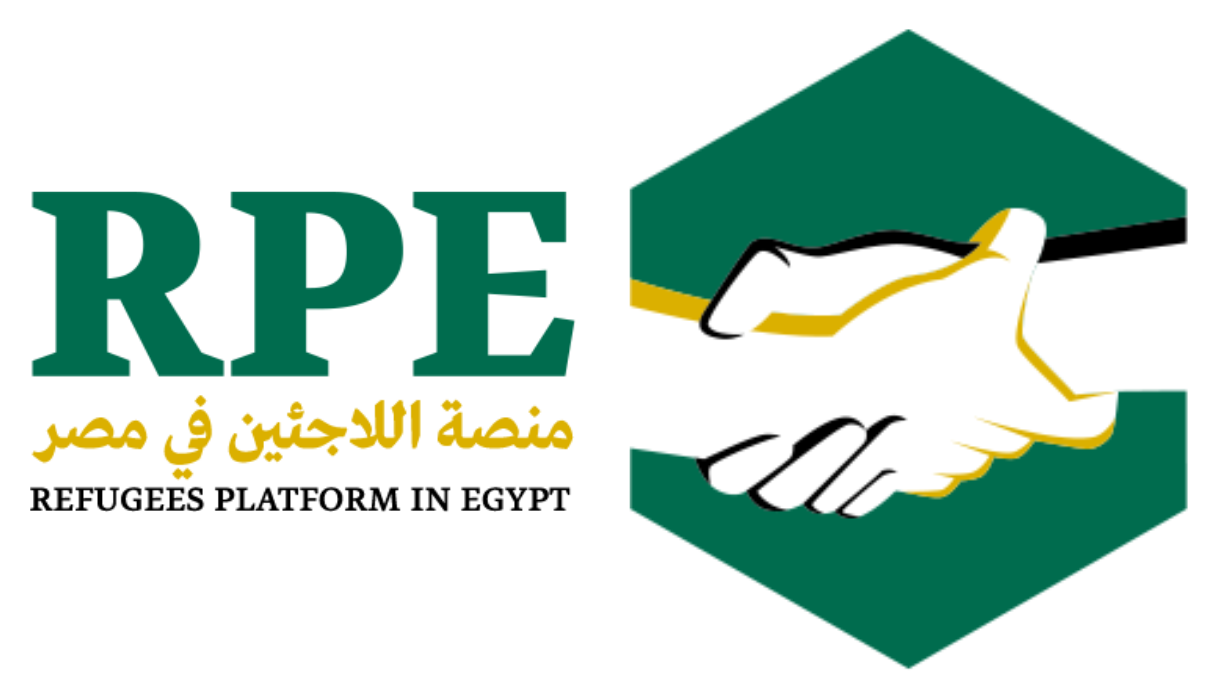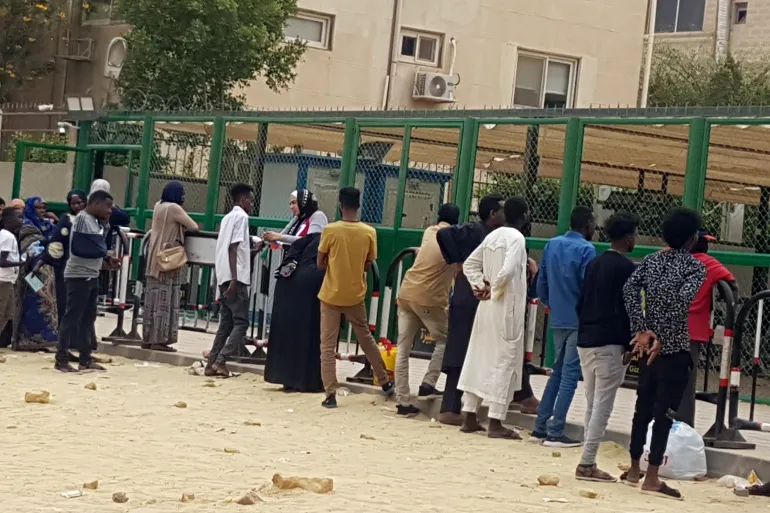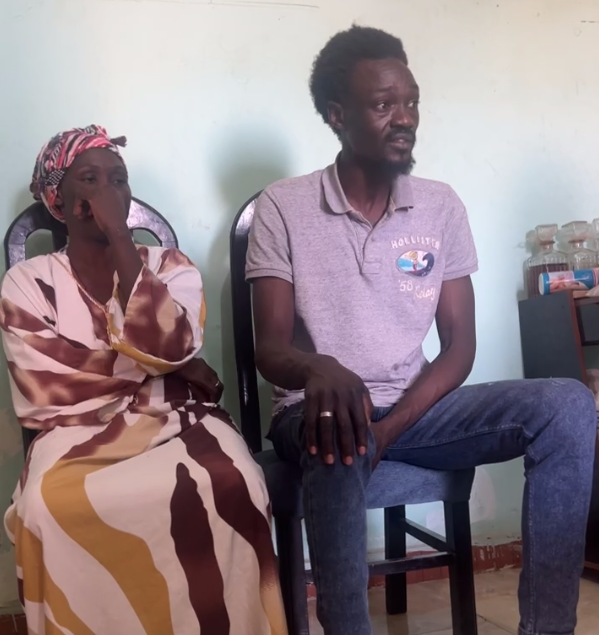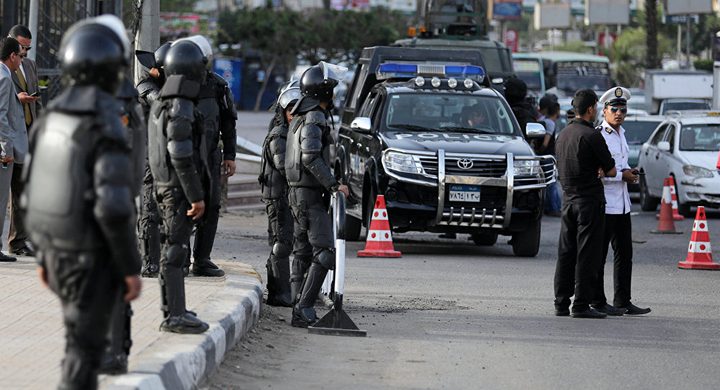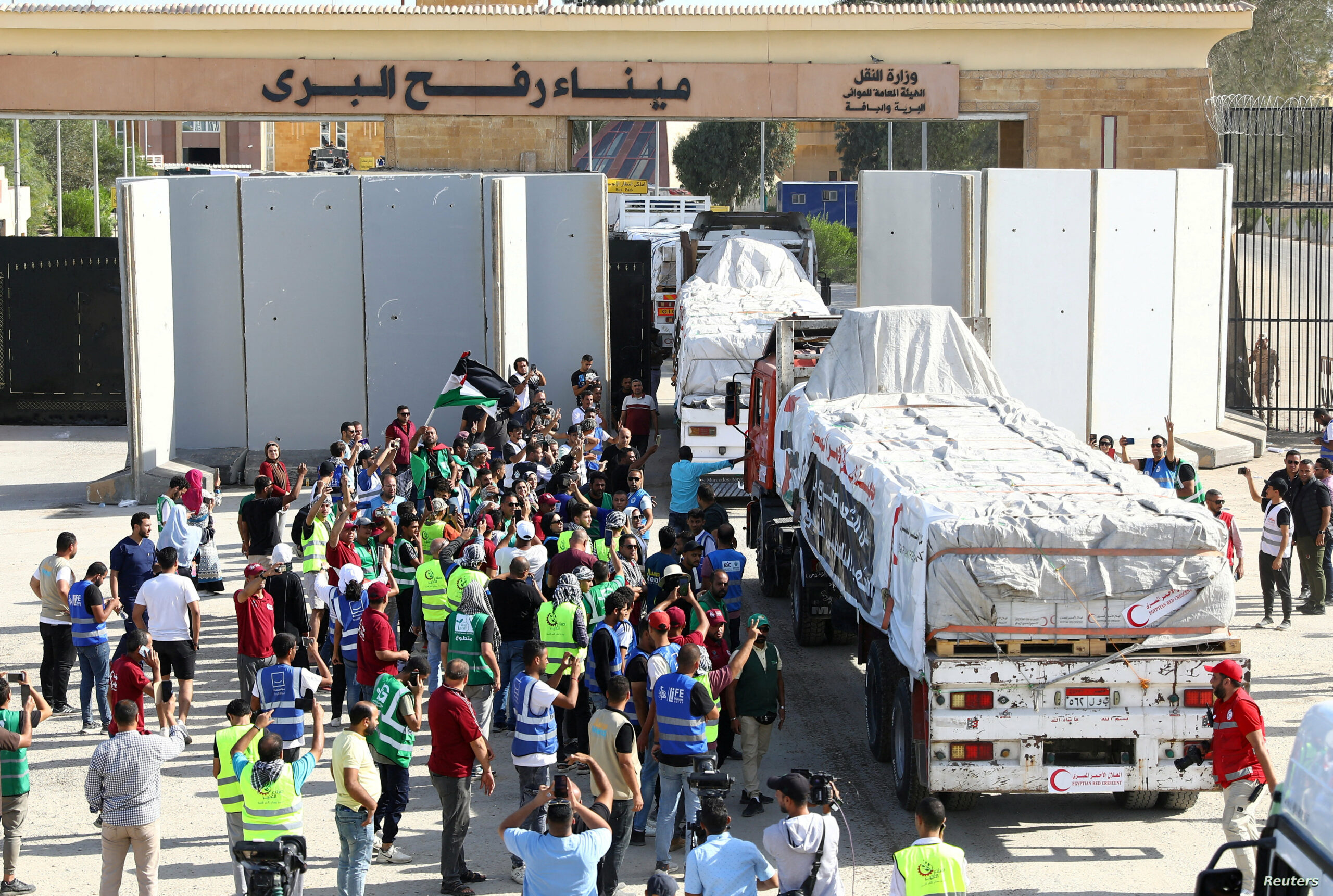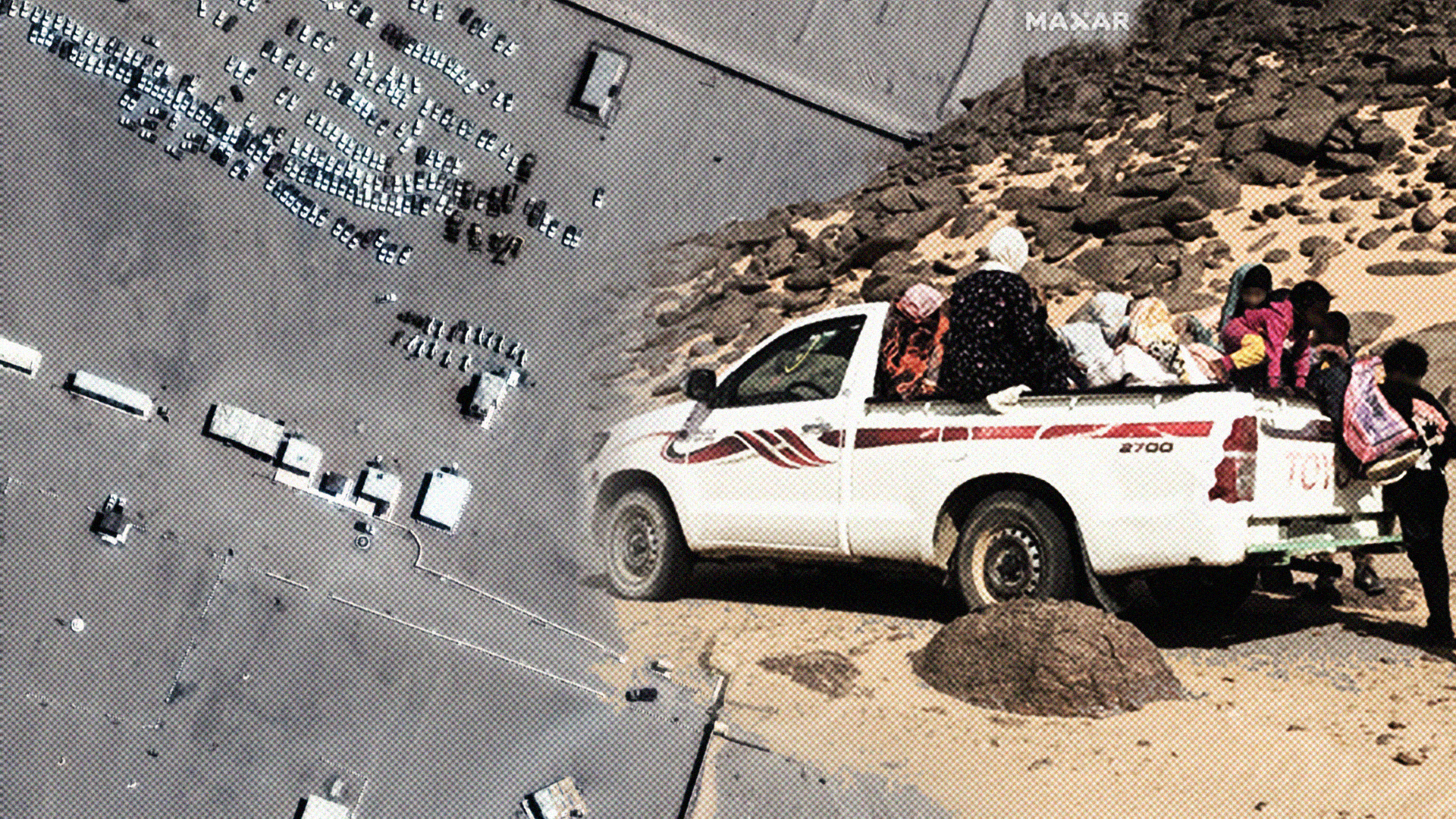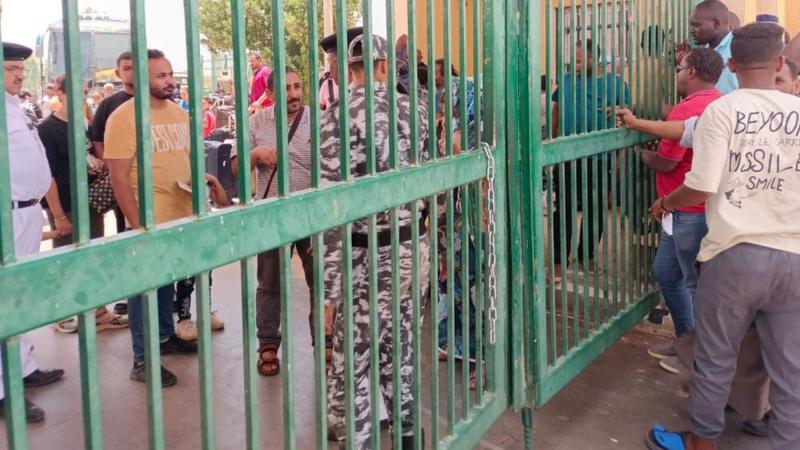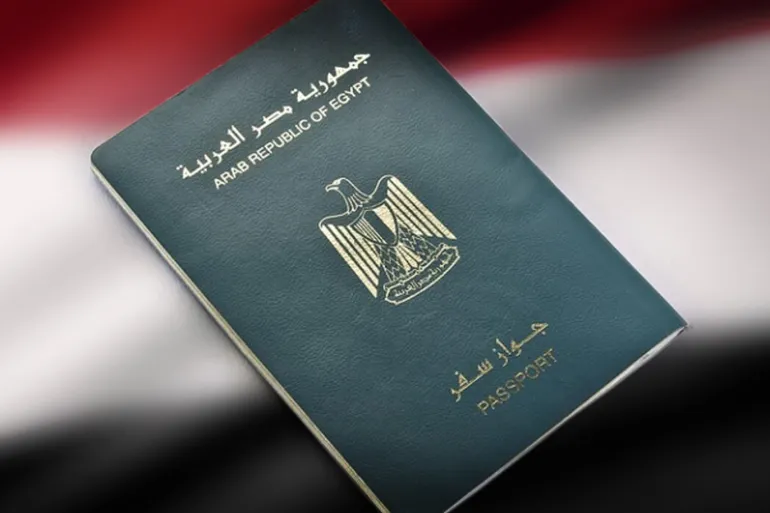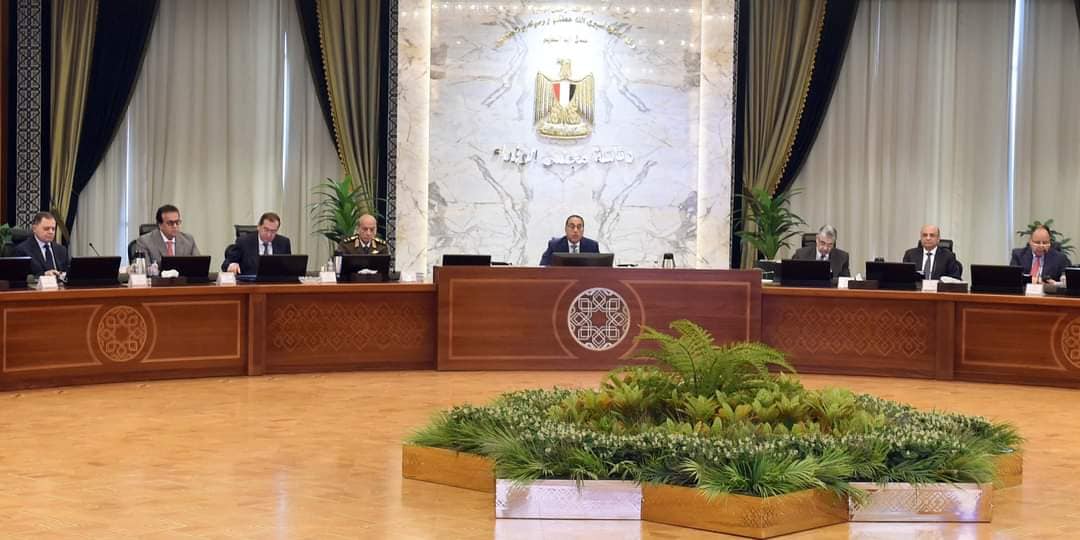Engaging Civil Society and Targeted Communities in Shaping the “Refugee” Law Is a Fundamental Pillar to Address Shortcomings and Ensure Compliance with International Standards
In its 243rd meeting on June 7th, 2023, the Cabinet, headed by Dr. Mostafa Madbouly, approved several decrees, including a draft law called the “Foreigners’ Asylum Law.” The Cabinet statement included brief remarks on the decree and general information about the main idea of the draft law without delving into its articles, the obligations it stipulates, the duties it establishes, or the issues in the asylum system it aims to amend. This information was also not disclosed by either the Cabinet nor the Parliament, whose Legislative Committee is supposed to discuss the proposed draft law and amend it if deemed necessary, before presenting it to the Parliament’s plenary session for discussion and approval.
This prompted us at the Refugees Platform in Egypt (RPE) to await the announcement of more information by either party, which is yet to happen after over 9 months since the announcement.
In this position paper, the RPE outlines what it knows about this law so far and provides its comments on it
According to the statement published on the Cabinet’s official page and also the State Information Service website, “Refugees and asylum seekers must regularize their status in accordance with the provisions of this law within one year from the date of implementation of the executive regulations. The Prime Minister, with the approval of the Cabinet, may extend the aforementioned period for an equivalent period. The Prime Minister shall issue the executive regulations of this law within six months from the date of its implementation.”
The statement also stipulates the following: “The establishment of a committee called the “Permanent Committee for Refugee Affairs,” which has legal personality and reports to the Prime Minister. Its main headquarters shall be in Cairo governorate, and it shall be the dominant authority over all refugee affairs, including information and statistical data on the number of refugees. It shall also, in coordination with the Ministry of Foreign Affairs, collaborate with the United Nations High Commissioner for Refugees (UNHCR) and other relevant international organizations and entities concerned with refugee affairs. Additionally, it shall coordinate with administrative bodies in the state to ensure the provision of all necessary support, care, and services to refugees. The executive regulations of this law shall specify its other competencies.”
Moreover, the law stipulates that “The formation of the Permanent Committee for Refugee Affairs and its working system shall be issued by a decision of the Prime Minister within three months from the date this law comes into force. The committee shall submit a report on the results of its work every three months, to be presented by its head to the Prime Minister. The committee shall have a technical secretariat, whose terms of reference, working system, appointment of its head, his term and terms of reference shall be determined by a decision of the Prime Minister.”
The announcement of the draft law, which was supposedly sent to the Parliament, was vague and did not include any additional details beyond those mentioned above. Additionally, the complete draft of the law was not officially announced by either the government or by the Parliament, which raises numerous questions about it and the official ambiguity surrounding its announcement.
Among these questions is that of the purpose of legislating a new regularization process. The announced details only include the obligation of refugees and asylum seekers to regularize their status in accordance with the provisions of the law, when in reality, the status of registered refugees and asylum seekers in Egypt is already regularized through the implementation of the Memorandum of Understanding (MOU) signed between the Egyptian government and the UNHCR in Egypt. Therefore, the process of registration, census, and regularization of status already exists and is a shared responsibility between the UNHCR and the Egyptian government through the ministries of interior and foreign affairs.
Evidencing the existence of an official census for refugees, Major General Kheirat Barakat, head of the Central Agency for Public Mobilization and Statistics (CAPMAS), announced at the end of August that official figures on the number of refugees in Egypt indicate approximately 9 million individuals. Among them are 4 million Sudanese citizens, followed by 1.5 million Syrians, according to the latest data before the recent Sudanese crisis. Additionally, the Minister of Health provided a more detailed statement regarding the numbers, including information about gender, age, duration and place of residence in Egypt. It is noteworthy that the counting and census operations announced by the relevant authorities do not include a clear definition of who qualifies as a “refugee,” which is also an issue that the proposed law does not address. Therefore, the sole entity responsible for the registration and census of refugees in Egypt is the United Nations High Commissioner for Refugees (UNHCR) according to the MOU, and the Ministry of Interior and Foreign Affairs for post-registration procedures.
According to the referenced government statement, this law will result in a conflict in jurisdiction between the work of the UNHCR Office in Egypt, governed by both the Convention Relating to the Status of Refugees and the MOU on one hand and the jurisdiction and work of what the government’s statement of approval for the draft law called the “Permanent Committee for Refugee Affairs” on the other hand.
The mentioned jurisdiction overlaps with the UNHCR’s mandate and the reason for its presence and interference with the Egyptian official system in the refugee registration process. The government’s statement did not mention any details that address this conflict, nor did it clarify whether the UNHCR would cease providing “registration and status determination services,” which will now be assigned to the newly established committee under the law. Does this mean that the UNHCR Office in Egypt will only act as a service provider for refugees and asylum seekers? Does it imply the termination or amendment of the MOU signed between the Egyptian government and the UNHCR?
During this period, which has now exceeded ten months without the issuance of the law or its presentation to the Parliament’s plenary session, Prime Ministerial Decree No. 3326 of 2023 was issued. This decision obligates foreigners residing in the country illegally to regularize their status and legalize their residency, provided they have an Egyptian sponsor, within three months from the date of the decision’s implementation. This is in exchange for paying administrative fees equivalent to $1000, deposited into the designated account according to the rules, procedures, and regulations set by the Ministry of Interior.
Then, two subsequent decrees were issued, each extending the period for regularizing the status and legalizing the residency of foreigners residing illegally in the country, as stipulated in Article 2 of the aforementioned decree.
Decree No. 3326 was supposed to be regulated by the still unknown law, which raises questions about the reason for the delay in its introduction and discussion. Meanwhile, the government is rushing to issue other decisions related to the same law.
It is noteworthy that these decisions appear to stem from an exploitative and punitive perspective on migrants who were forced to enter the country irregularly, especially in light of the recent surge in irregular crossings from Sudan caused by Egyptian decisions regarding border crossings over the past eleven months. This turns the regularization process into a tool for acquiring foreign currency at the expense of the most vulnerable groups in the country.
The ambiguity surrounding the law since day one has extended to include members of the Parliament and even members of the Foreign Affairs Committee responsible for the initial discussions on the law. According to media statements made by MP Seham Mostafa, a member of the committee, the law is in its final stages and has been discussed by the Parliament. This contradicts the legislative process in Egypt if the government is the proposer.
According to Article 158 of the Parliament’s internal regulations, “The Speaker of the Parliament shall present to the Parliament the draft laws submitted by the President of the Republic, the government, or one-tenth of the members of the Parliament in the first session following their receipt or submission, as the case may be. The Parliament shall decide to refer them to the competent qualitative committees, and the Speaker may directly refer them to the competent qualitative committees and inform the Parliament thereof at the first session… etc.”
Furthermore, the MP’s call-in demonstrated a lack of awareness of the distinction between refugees and foreign residents.
The Egyptian government’s record raises concerns and doubts about the effectiveness of any laws regulating refugee affairs. Its contradictory practices and violations of international laws and standards raise concerns about its commitment to the protection of individuals. Furthermore, its perspective in drafting legislations and laws related to refugees and asylum seekers stems from a punitive security perspective that violates basic principles of protection and justice, leads to violations, allows impunity, and does not achieve justice for victims.
Moreover, the practices of state security apparatuses reported by local and international human rights organizations raise serious concerns about the extent to which these laws adhere to international standards, let alone their role in regulating systematic practices against migrants.
Egypt is one of the countries that have signed and ratified numerous fundamental international conventions related to human rights and the rights of migrants, people on the move, and refugees. Despite Article 93 of the Egyptian Constitution stipulates that: “The State shall be bound by the international human rights agreements, covenants and conventions ratified by Egypt, and which shall have the force of law after publication in accordance with the prescribed conditions,” placing these agreements in the highest level of domestic law after the constitution, they are often set aside when it comes to certain issues, including the government’s treatment of refugees and people on the move. This is confirmed by legislative evidence and practices of decision-makers and implementers in Egypt in this regard.
The documented violations and abuses by the Egyptian government, which are still ongoing despite warnings from the UN and human rights organizations, whether committed against Egyptians or people on the move, are not only violations of the Egyptian Constitution and domestic laws but also constitute a breach of fundamental human rights principles, including the right to life, protection, and security.
This history of violations raises further serious questions about the extent of knowledge, awareness, openness, and change management in case the proposed draft law is adopted, in addition to the ambiguity surrounding its issuance, and the continued issuance of unlawful decisions around it, contributing to further violations.
The process of issuing legislation related to regulating the status of a specific group in society should involve extensive discussions with stakeholders – those affected by this law – and the authorities responsible for proposing and issuing the legislation. However, this did not occur, leading to the issuance of the aforementioned decisions, which have complicated the financial and social situation of people on the move.
It also perpetuated the removal of legal protection of people and limited their access to services, especially registration services, making regularization difficult, and reportedly increasing persecution campaigns against migrants, particularly those with darker skin tones. This has heightened the risks for people on the move, especially women and unaccompanied children.
The Refugees Platform in Egypt presents the following proposals to decision-makers and Egyptian legislators, which could ensure the issuance of legislation that adheres to international standards and help address the procedural, criminal, and livelihood challenges faced by people on the move, ensuring their rights:
- Publication and provision of the draft law proposal on regulating the status of refugees in Egypt, which the Cabinet announced its approval of.
- Opening the floor for discussion within the Parliament’s legislative committee, including receiving proposals and addressing existing challenges from all governmental and non-governmental actors.
- Opening the door for proposals and discussing issues and reports by community leaders and people on the move in Egypt, as well as self-organized community initiatives.
- Providing a suitable deadline for discussing and collecting proposals and reports that monitor and document the practical reality, especially those coming from local and international civil society organizations, as well as self-organizations within communities and their community leaders.
- Assigning the initial drafting process to a committee of experts formed by a decision of the legislative committee in Parliament, while ensuring diversity at various levels to guarantee the participation of different groups and categories in the discussion and collection of proposals and challenges gathered from all local and international governmental and non-governmental actors.
- Ensuring the participation of experts in Egyptian and international law in drafting the legislation to ensure its compliance with international standards and obligations that Egypt has signed and ratified.
